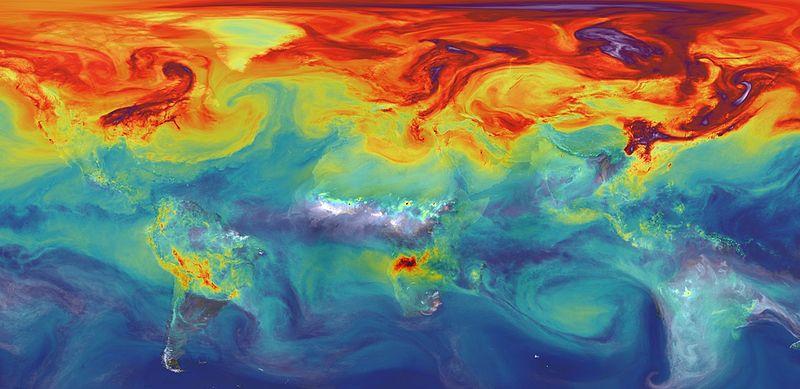Manaaki Whenua – Landcare Research scientist Dr Kendon Bell has been awarded a Rutherford Foundation Postdoctoral Fellowship to continue his research into measuring the impact of climate change on New Zealand land.
The research, Empirical measurement of the impact of climate change: correcting for measurement error in precipitation and understanding the incidence of impacts, looks at how rainfall impacts agriculture and land.
Climate econometrics is an emerging field that combines the history of connections between weather, and economic and social outcomes with climate forecasts to estimate future damages from climate change.
Dr Bell said this work gives him the chance to combine economics and big data to tackle a key question for society.
“I’m really excited to be doing rigorous, data-driven research that will help us learn about how climate change will affect people.”
Current models suggest New Zealand has exposure to more frequent and intense weather episodes, particularly droughts and extreme rain events.
It is therefore crucial to understand the true impact of these changes. Current literature that uses modern econometric techniques indicates that rainfall has a small impact on agriculture.
Dr Bell believes this counter-intuitive result may be due to a lack of accurate precipitation measurements. The Rutherford Foundation Postdoctoral Fellowship will enable him to test this theory.
He will investigate two areas of uncertainty: error in precipitation rates, and understanding how producers and consumers share the burden of climate change.
Working with Patrick Walsh, also of Landcare Research, Dr Bell will use two methods from econometrics – instrumental variables (IV) and the mean group estimator (MGE) – to investigate the measurement uncertainty.
This programme will be the first application of these methods in the climate econometrics field, and the first to carefully investigate the empirical impact of precipitation on agricultural productivity.
Understanding the relative exposure of producers, retail consumers, and intermediaries to climate change is also a key consideration for New Zealand.
Dr Bell’s study will extend existing work to follow weather-induced milk price shocks through the different groups. These past price changes will allow better simulation of how climate change would impact New Zealand primary producers, processors, and final consumers, given the complex structure of the market.
Source: Manaaki Whenua – Landcare Research












